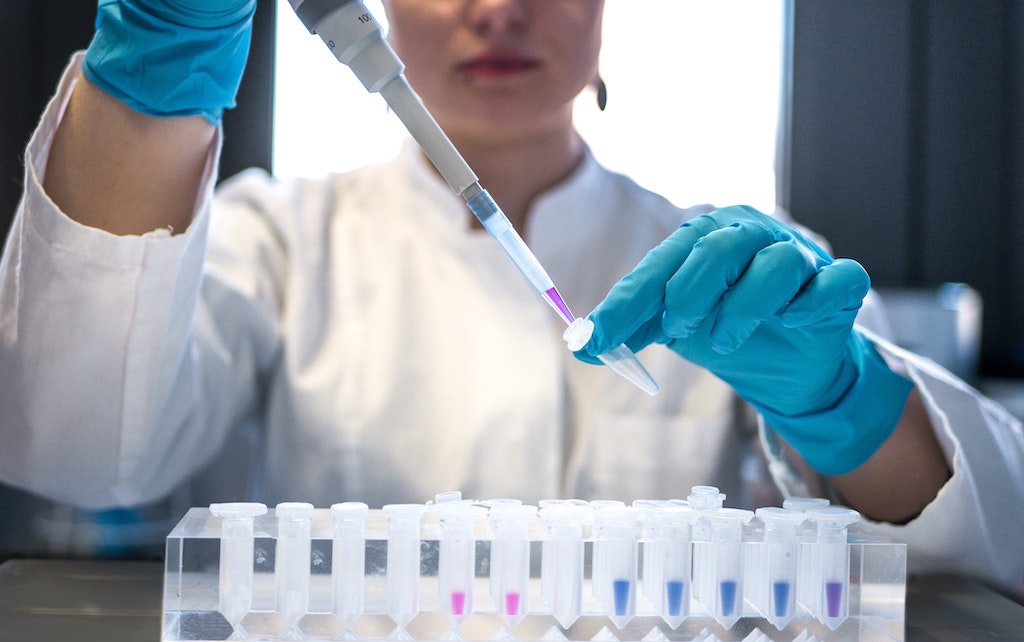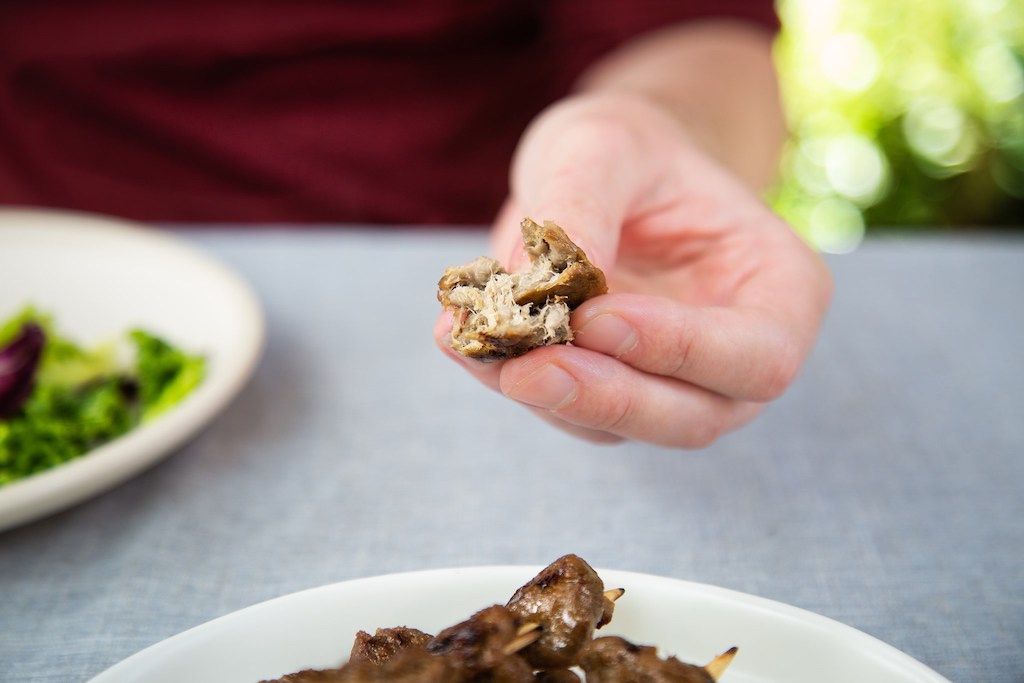4 Mins Read
The USDA has awarded $10 million to Tufts University for the creation of a new National Institute for Cellular Agriculture. It marks the first-ever government-funded protein research centre, as well as the Department’s first investment into the cultivated protein space—coming just months after research spotlighted the huge public funding gap in alternative proteins as a climate solution.
The USDA has awarded a $10 million grant to Tufts University, as part of the $146 million invested into new sustainable agriculture projects under the AFRI program. Announced on October 6, the $10 million grant represents the USDA’s first-ever investment into the cell-based meat industry, and will go towards the construction of the first government-funded protein research centre of excellence within the US.
National Institute for Cellular Agriculture

The new institute will be dedicated to cultivated meat research, and scaling cellular agriculture technology with the view to help increase American agriculture productivity by 40% while decreasing the sector’s environmental footprint by 50%.
Tufts University researchers will explore consumer acceptance of the novel protein, new ways to incorporate cell-based meat as a standalone product as well as an ingredient and develop FBS-free cost-effective media and sustainable biomaterial scaffolds, among some of the listed objectives of the project.
The team at the new cultivated protein research centre of excellence, the first-of-its-kind to be US government-funded, will be led by renowned industry expert Professor David Kaplan. Members of the research team will consist of interdisciplinary academics and experts from across the country, including Virginia Tech, Virginia State, University of California-Davis, MIT, and the University of Massachusetts-Boston.
‘Major step forward to tackle climate change’
The news has been welcomed by the GFI, a nonprofit supporting the development of novel sustainable proteins, as well as Representatives Rosa DeLauro (D-CT) and Katherine Clark (D-MA).

“USDA’s historic funding for a National Institute for Cellular Agriculture is an important advancement for cultivated meat research and science,” commented Rep. DeLauro. “I am pleased that USDA’s leadership continues to recognize the important role these technologies can play in combating climate change and adding much-needed resiliency to our food system.”
“This is a major step forward in our work to tackle climate change, infuse resiliency into our food systems, and build a stronger, more sustainable future,” added Rep. Clark, whose district includes the Tufts School of Engineering, where the research will be based. “I am thrilled that this historic grant will be housed in the 5th District at Tufts University, a true leader in cultivated meat research, and am eager to see this transformative research brought to life.”
Related: We need open-source cell-based protein tech to pave way for lab-grown meat, GFI urges
Alternative protein public funding gap
The announcement of the US government’s investment in a new National Institute for Cellular Agriculture comes as two separate reports, one from the GFI and the other from PwC, Rabobank and Temasek, called for greater public support for the cultivated protein industry as part of climate action.
Much of the funding to date for the industry has come from the private sector, with 2020 being a record year that saw investment triple to $3.1 billion. Public financing in the same year stood at just 1% of that figure.

Cultivated proteins are increasingly viewed as one of the core solutions for unsustainable animal agriculture, which drives nearly a fifth of global GHG emissions. Compared to traditionally farmed beef, cell-based beef is estimated to be able to reduce land use by 95% and reduce GHG emissions by up to 87%, when it reaches scale by 2030.
In October 2020, the EU made its first-ever public investment into a cell-based meat project, backing a consortium of researchers from Spain and France to develop consumer-facing cultivated meat, undertake consumer acceptance tests and food safety trials with the goal to commercialise in the EU market.
Currently, Singapore remains the only country to have approved the sale of meat grown directly from animal cells, though regulatory developments are picking up pace in Israel, US, and Qatar.
Lead image courtesy of Upside Foods.




